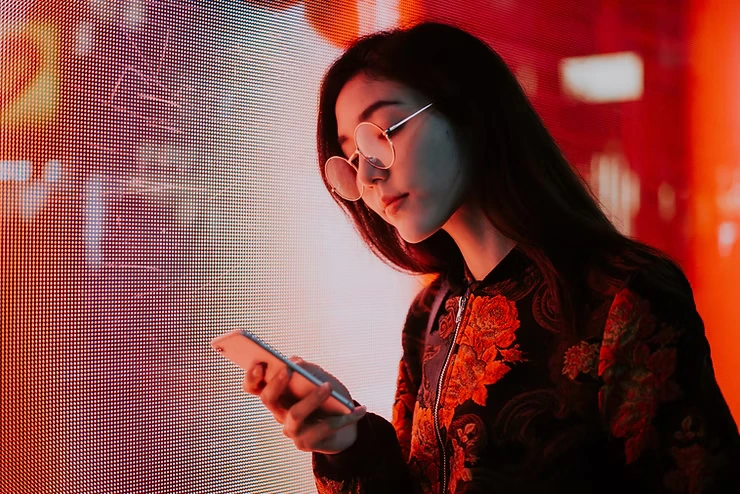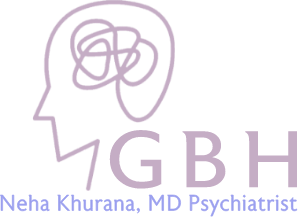
- September 30, 2024
Social Media and Mental Health: How to Create a Healthy Relationship
Social media platforms like Facebook, Instagram, and TikTok have become an ingrained part of our daily lives. They offer a way to connect with friends, stay informed, and find entertainment. However, it’s important to recognize that our relationship with social media can have a powerful impact on our mental health, both positively and negatively.
The Potential Negatives of Social Media
- Social Comparison: It's easy to fall into the trap of comparing your life to the curated highlights others present online. This can lead to feelings of inadequacy, lowered self-esteem, and even depression.
- Fear of Missing Out (FOMO): Constantly seeing updates about social events and exciting experiences can trigger anxiety and a sense of being left out.
- Cyberbullying: Social media can be a platform for harassment, abuse, and negativity, leading to significant emotional distress.
- Unhealthy Sleep Habits: Using social media late at night can disrupt your sleep cycle and impact mental well-being.
One Conversation Can Change Everything! Consult Dr. Neha Khurana for
Tips for a Healthy Social Media Relationship
While there are potential downsides, social media can be used in ways that support your mental health. Here’s how to cultivate a healthier relationship with these platforms:
- Set Boundaries: Decide how much time you want to spend on social media each day and stick to it. Consider using apps that track your screen time or set time limits.
- Be Mindful of Your Triggers: If certain accounts or types of content make you feel anxious, unfollow or mute them. Remember, you have control over what you see on your feeds.
- Focus on Connection: Use social media to strengthen relationships with loved ones. Engage in meaningful conversations, share positive moments, and offer support.
- Seek Out Positive Content: Follow accounts that inspire, educate, or make you laugh. Fill your feed with content that uplifts you.
- Take Regular Breaks: Schedule social media-free time throughout the day and longer breaks when needed. Engage in activities that promote relaxation and well-being.
- Question What You See: Remember that social media often presents a filtered, unrealistic version of reality. Don't compare your behind-the-scenes to someone else's highlight reel.
Remember: You Have Control
GBH Psychology: Your Partner in Mental Well-Being
One Conversation Can Change Everything! Consult Dr. Neha Khurana for
If you find that social media is significantly impacting your mental health, or if you have concerns about online negativity or cyberbullying, don’t hesitate to seek professional guidance. The therapists at GBH Psychology are here to help you navigate the complexities of the digital world and develop healthy coping mechanisms.
